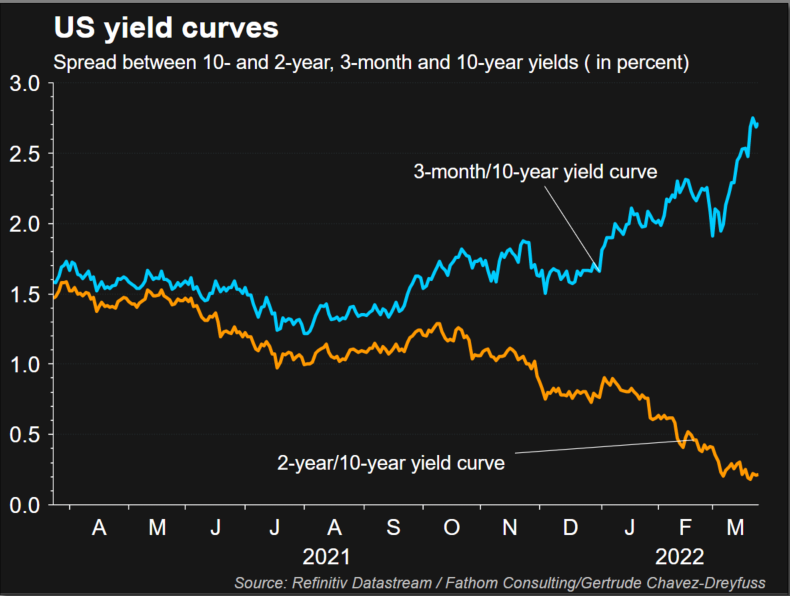Introduction
When it comes to investing in stocks, having a clear understanding of the companies you’re looking at is essential. One of the significant players in the U.S. housing market is Fannie Mae, known by its stock ticker symbol FNMA. As investors look for reliable stocks, FNMA remains a focal point for those interested in the housing sector and government-backed entities. But what does the future hold for FNMA stock? In this article, we will explore the current status, factors affecting its price, and forecasts for its performance in 2025 and beyond.
What is FNMA?
Fannie Mae, officially the Federal National Mortgage Association (FNMA), is a government-sponsored enterprise (GSE) that was established to expand the secondary mortgage market by securitizing mortgages in the U.S. It plays a vital role in providing liquidity to the housing market by buying loans from lenders and converting them into mortgage-backed securities. This helps keep mortgage rates low and available to homeowners across the country.
The Current State of FNMA Stock
As of 2025, FNMA stock has been experiencing fluctuations due to a variety of market conditions. Since the company is heavily tied to the housing market, any significant changes in that sector often directly affect the stock price. For investors keeping a close eye on FNMA, it is important to watch key indicators such as interest rates, housing trends, and government policy shifts, which influence the stock’s movement.
Factors Affecting FNMA Stock Price
There are multiple factors at play when it comes to FNMA’s stock performance:
- Government Policies and Regulations: FNMA operates under a strict set of rules enforced by government authorities. Any changes in these regulations can impact its operations and stock price.
- Interest Rates: Since FNMA deals with mortgage-backed securities, changes in interest rates are crucial to its performance. Higher rates could slow down the housing market, negatively affecting FNMA’s profitability.
- Housing Market Conditions: The health of the U.S. housing market is a major factor. If the housing market is booming, FNMA typically benefits from increased demand for mortgage-backed securities.
- Economic Indicators: Broader economic conditions, such as GDP growth, inflation, and unemployment, also play a role in shaping FNMA’s stock price.
Historical Performance of FNMA Stock
Historically, FNMA stock has had an interesting ride. After the 2008 financial crisis, the U.S. government took control of Fannie Mae, which resulted in a substantial dip in stock price. Over the years, FNMA’s performance has been closely tied to government decisions, such as the potential for privatization and changes in regulations. Understanding these past patterns can offer valuable insights into what might lie ahead for the stock.
FNMA Stock Forecast for 2025
Looking ahead, many experts predict that FNMA could see moderate growth in 2025. A stabilization in interest rates and continued strength in the housing market could contribute to a positive outlook for FNMA. However, uncertainties such as government policy changes and the overall economic climate might cause short-term volatility.
Short-Term vs. Long-Term Forecast
For those considering FNMA stock, it’s important to distinguish between short-term and long-term forecasts:
- Short-Term: In the short run, FNMA may experience volatility due to macroeconomic factors, such as fluctuations in interest rates.
- Long-Term: Over the long term, the stock has potential for growth, especially if the housing market remains robust and if FNMA is able to navigate regulatory challenges effectively.
Analyst Opinions on FNMA Stock
Financial analysts have varied opinions on FNMA’s future. Some believe that the stock will benefit from a booming housing market and improved economic conditions, while others caution about the risks associated with government regulation and intervention.
Potential Risks in Investing in FNMA Stock
Despite its potential for growth, there are risks to investing in FNMA stock:
- Market Volatility: The housing market can be unpredictable, especially during economic downturns.
- Government Influence: As a government-sponsored enterprise, FNMA is subject to political and regulatory risks that could affect its performance.
Opportunities in FNMA Stock
Investors may find opportunities in FNMA if they’re willing to take on some risk. For long-term investors, FNMA offers potential for growth, especially if the housing market strengthens and government regulations become more favorable.
How to Invest in FNMA Stock
Investing in FNMA stock can be done through various brokerage accounts. Whether you’re a seasoned investor or a beginner, there are strategies that can suit your risk tolerance and investment goals. It’s essential to do your research and consult with financial advisors to make informed decisions.
Comparing FNMA to Other Housing Market Stocks
FNMA is not the only player in the housing market. When comparing FNMA to other real estate stocks, such as real estate investment trusts (REITs), it’s important to consider factors like government backing, market stability, and long-term growth potential.
How Macroeconomic Factors Affect FNMA
Macroeconomic trends like inflation, GDP growth, and employment rates have a significant impact on FNMA stock. An understanding of these factors can help predict the potential performance of FNMA in the coming years.
The Future of FNMA Stock: What to Expect
Looking into the future, FNMA stock could benefit from continued housing market strength and potential government support. However, regulatory changes and economic disruptions might pose challenges. Key trends to watch for include potential privatization and shifts in government housing policy.
Conclusion
In conclusion, FNMA stock offers both potential risks and rewards. For those considering investing in FNMA, it’s essential to stay informed about market conditions, government regulations, and broader economic factors. With careful consideration, FNMA may prove to be a strong addition to your investment portfolio.















